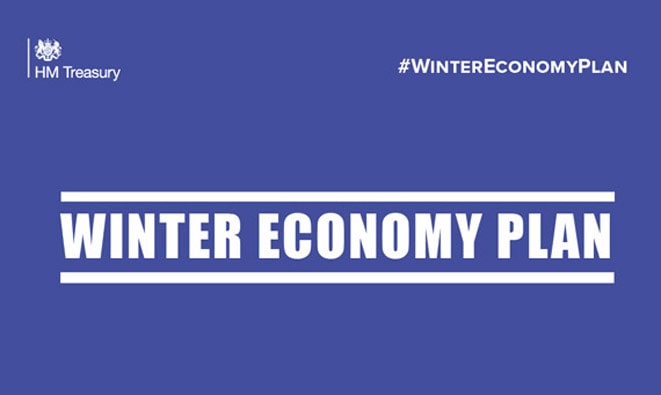The Chancellor has outlined a package of measures, which includes a new Jobs Support Scheme to protect returning workers, extending Self Employment Income Support Scheme in a reduced form and 15% VAT cut for the hospitality and tourism sectors, and help for businesses in repaying government-backed loans. Sadly, these measures are largely unfit to support the music creating community.
The new Job Support Scheme will be introduced from 1 November solely to protect viable jobs in businesses that are facing lower demand over the winter months due to coronavirus. Under the scheme, which will run for six months, employers will continue to pay the wages of staff for the hours they work – but for the hours not worked, the government and the employer will each pay one third of their equivalent salary. In order to support only viable jobs, employees must be working at least 33% of their usual hours. The level of grants will be calculated based on employee’s usual salary, capped at £697.92 per month.
Government has also extended the Self Employment Income Support Scheme (SEISS). An initial taxable grant will be provided to those who are currently eligible for SEISS and are continuing to actively trade but face reduced demand due to coronavirus. The initial lump sum will cover three months’ worth of profits for the period from November to the end of January next year. However, this will only be worth 20% of average monthly profits, up to a total of £1,875, which will likely not be enough to survive on in most cases. An additional second grant, which may be adjusted to respond to changing circumstances, will be available for the self-employed to cover the period from February 2021 to the end of April.
Although these measures will be of support to some, the Government is still refusing to address the fact that many freelancers have been excluded from the eligibility criteria for the SEISS. Instead, Government has reduced support for those eligible from the initial 80% to 70% in August, and to a mere 20% of average monthly profits, come November. 20% of average profits is a woefully insufficient level of support, and in no way ensures parity between support for the self-employed workers and employees. Further, by focusing on viable jobs, the Chancellor failed to address the fact that many activities, including in the music sector, are not economically viable due to the spread of the virus and subsequent Government restrictions. Many music creators simply cannot work, through no fault of their own.
We are lobbying Government and proposing that, to counteract these issues, a portion of the Culture Recovery Fund could be directed towards supporting those creative freelancers ineligible for other Government support schemes. We are also calling for Government-backed incentives and insurance to be put in place in order to get the live music sector back to economic viability.
More detailed information around the measures announced today, including tax cuts, deferrals and loans, can be found here.





